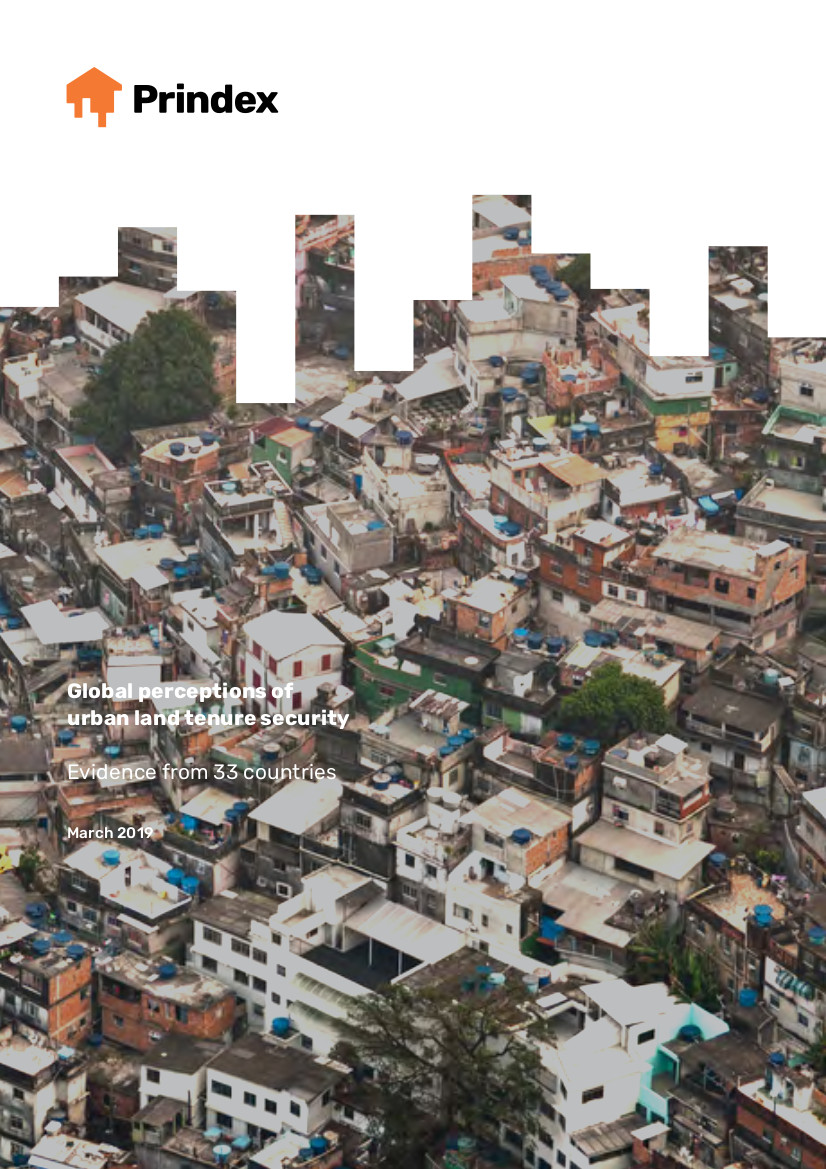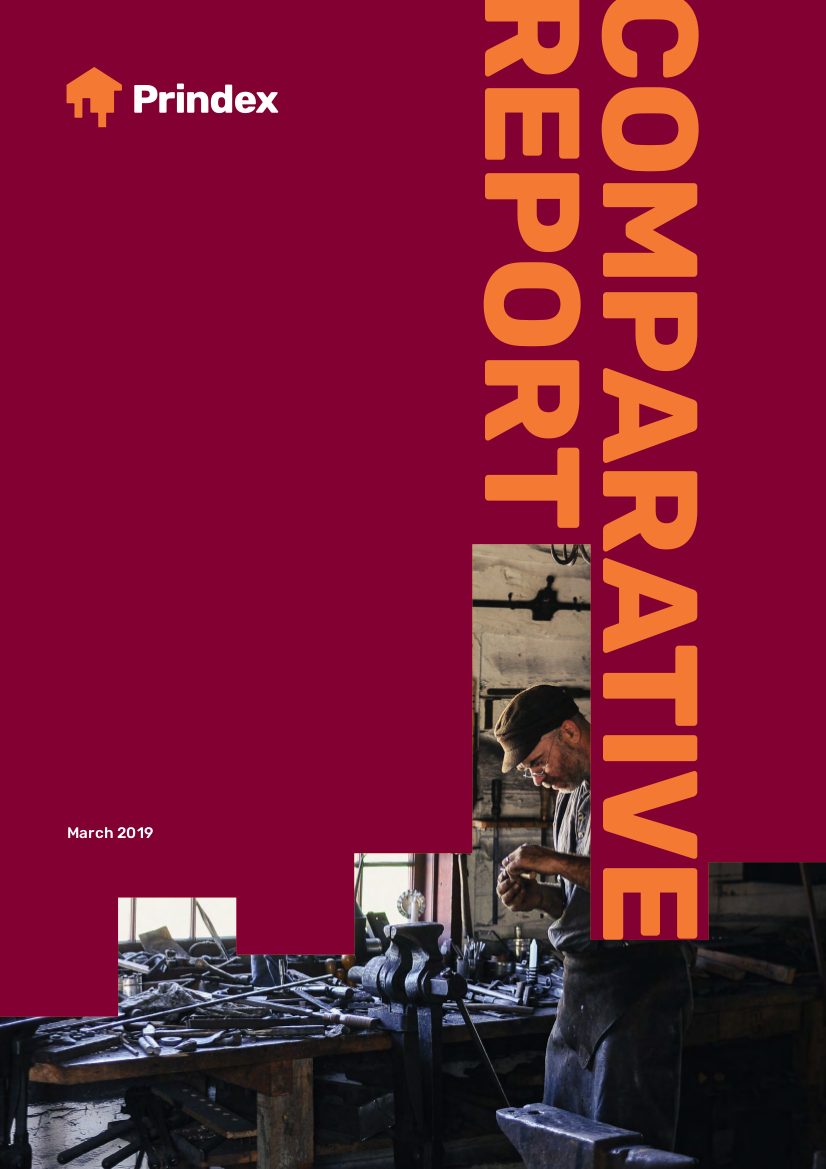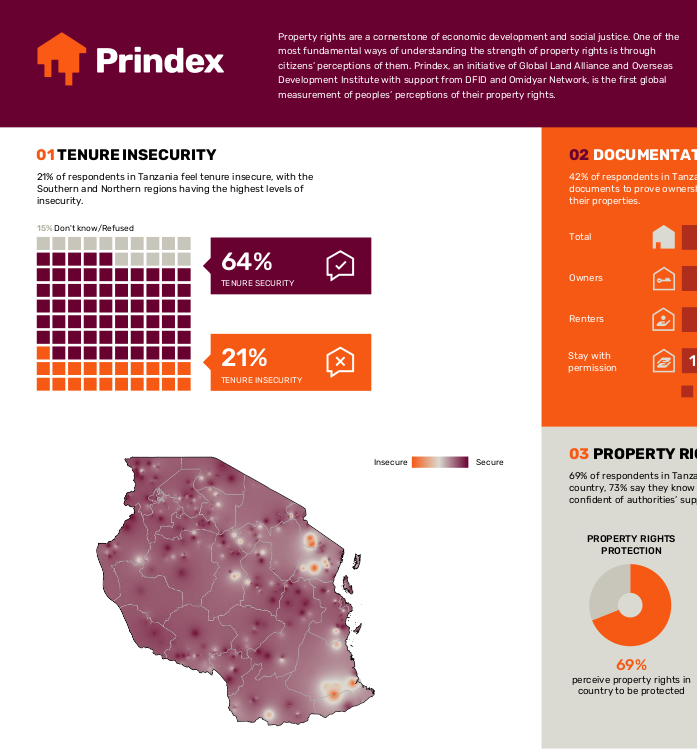The Overseas Development Institute (ODI) is the UK's leading independent think tank on international development and humanitarian issues.
Mission
Our mission is to inspire and inform policy and practice which lead to the reduction of poverty, the alleviation of suffering and the achievement of sustainable livelihoods in developing countries.
We do this by locking together high quality applied research, practical policy advice, and policy-focused dissemination and debate.
We work with partners in the public and private sectors, in both developing and developed countries.
Values
- Independence: ODI’s research, public affairs and policy advice are independent from its funders, and staff are able to challenge donor thinking and policy and the wider development consensus.
- High quality: Best practice, innovative approaches and continuous improvement are ensured in research, policy advice and public affairs.
- Fairness, diversity and equality: All staff and partners are treated fairly and with respect. ODI employment, disciplines and processes are appropriate for an institute focused on international development.
- Working together: There is continuous effort to foster better relationships throughout the organisation.
- Transparency and accountability: There is open reporting on the use of public funds, with full communication of our work to our donors, research subjects and partners.
- Sustainability: Resources are used in a sustainable way that reflects consciousness of the impact on the environment. The organisation works in a way that is sustainable, backed by commitment to its long-term viability.
Members:
Resources
Displaying 21 - 25 of 111Assessing the costs of tenure risks to agribusinesses - Report appendices
These appendices refer to the summary report Assessing the costs of tenure risks to agribusinesses. The report is a product of the Quantifying Tenure Risk (QTR) initiative, a joint research programme conducted by the ODI and TMP Systems and funded by the UK Government.
Women's perceptions of tenure security
This report uses household-level data from 33, mostly developing, countries to analyse perceptions of tenure insecurity among women. We test two hypotheses: (1) that women feel more insecure than men; and (2) that increasing statutory protections for women, for instance by issuing joint named titles or making inheritance law more gender equal, increases de facto tenure security.
Global perceptions of urban land tenure security report
A deeper look at what the results of the 33 wave 1 and 2 countries show about urban land tenure security. This report compliments the Prindex Comparative Report by focusing on a specific aspect of land and tenure insecurity.
Prindex Comparative Report, March 2019
Property rights are a cornerstone of economic development and social justice. A fundamental way of understanding the strength of property rights is through citizens' perceptions of them. Yet perceptions of tenure security have never been collected at a global scale.
18 Country Infographics (Prindex)
Wave 2 country infographics in one document. Countries include: Benin, Bolivia, Cambodia, Colombia, Ghana, Indonesia, Jordan, Kenya, Malawi, Mexico, Morocco, Niger, Nigeria, Tanzania, Tunisia, Uganda, United Kingdom and Vietnam






